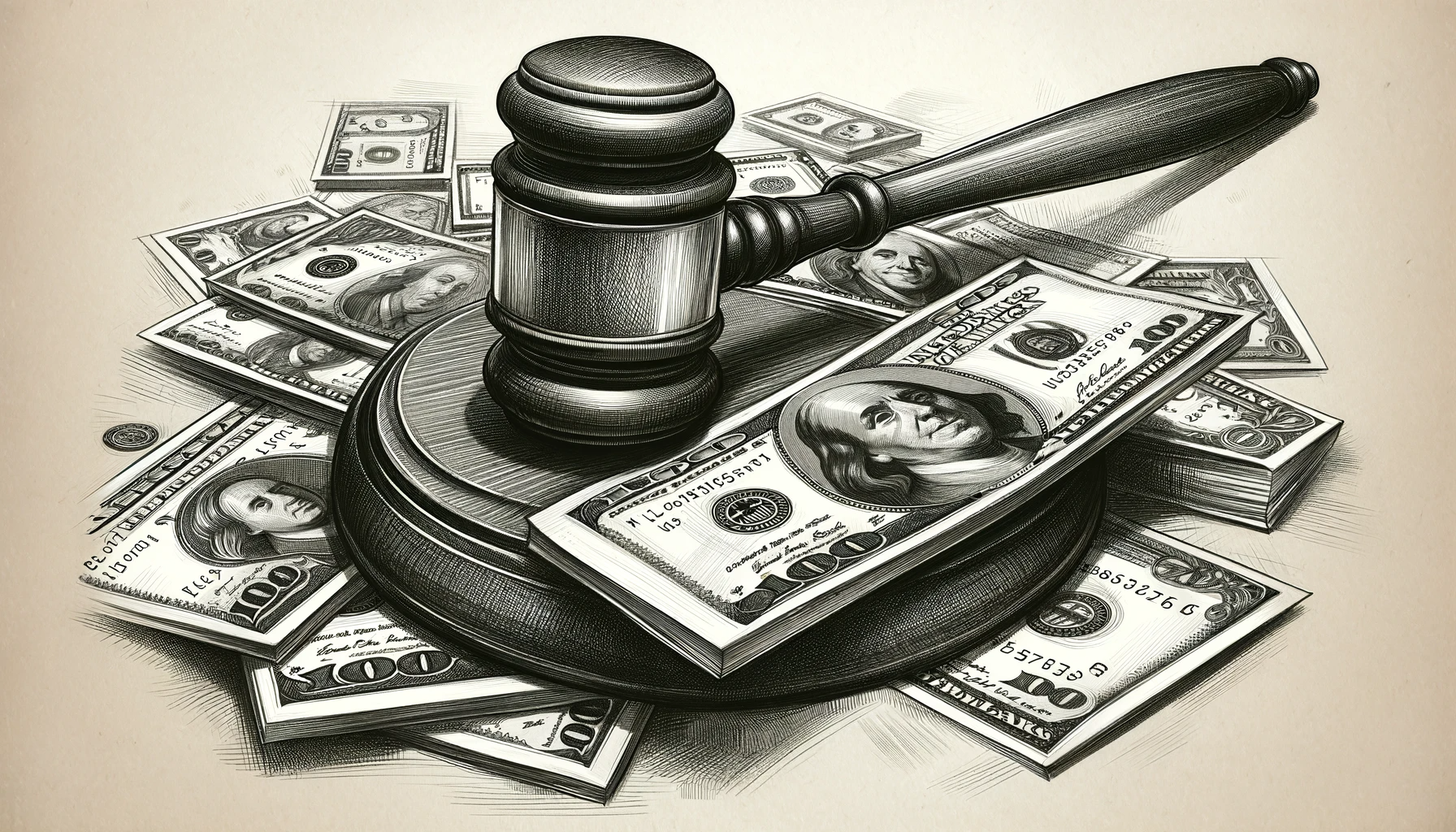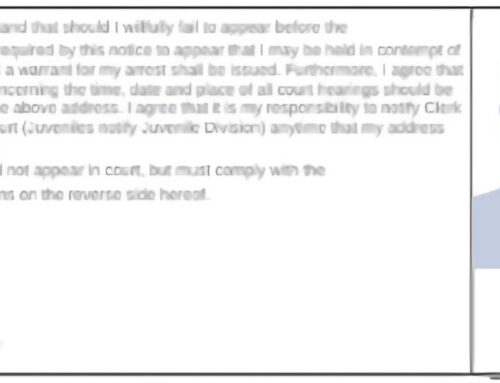Restitution in Florida Criminal Cases
You’ve been arrested and charged with a crime in Florida. Your first concerns are possible jail time, fines, a criminal record, and other direct penalties. But there’s another consequence looming that you also need to understand—the possibility of paying restitution.
An Overview of Criminal Restitution in Florida
Simply put, criminal restitution refers to money you may be ordered to pay if convicted of a crime that caused either direct financial losses or hardships to an identifiable victim. The losses include medical bills, lost income, property loss or damage, and other reasonable costs.
Restitution aims to make your victim(s) whole again by compensating them for actual monetary damages they suffered due to your criminal actions. The court can order restitution regardless of whatever other sentence you end up with—jail, probation, etc.
And here’s the key point our clients need to grasp about restitution—sometimes, the amounts can be burdensome. Paying restitution could end up being the harshest and longest-lasting part of your penalty for the crime.
Restitution Basics Under Florida Statutes
Florida’s restitution laws are spelled out in Statute 775.089. A quick overview:
- Restitution is mandatory for any crime resulting in damage to a victim
- The court determines who qualifies as a “victim”
- Victims can include individuals, business entities, and governmental units
- A victim’s losses must be directly or indirectly related to your criminal offense
- Restitution typically gets ordered as part of your sentence
- The court sets a payment schedule, either lump-sum or installment
- Interest starts accruing on unpaid restitution balances
- Failure to pay restitution may violate your probation
In addition to the financial implications, an outstanding restitution balance can hamper things like restoring your civil rights after being released from custody.
The Restitution Hearing Process and Timeline
Restitution hearings typically occur at the end of a criminal case, after a conviction either by guilty plea or trial. The prosecution must request restitution at sentencing or within 60 days after sentencing per Florida statute.
The judge may order restitution connected to the criminal offense – for example, to cover a victim’s medical bills, lost income, funeral costs, property damage or loss, and other monetary damages. The restitution amount should put the victim back to their financial state before the crime.
If the prosecution meets its burden of proving restitution is owed, the burden shifts to the defense to show the amount exceeds what could reasonably be paid. The judge must consider the defendant’s financial situation and earning ability.
Hearsay or speculation cannot support the prosecution’s restitution claim – documentation like expert valuations may be required. Defendants have five years after release from incarceration to pay restitution or until the end of a probation term if applicable.
If restitution is not paid, the victim may pursue civil remedies like wage garnishment to collect, subject to notice and contest rights. Contesting excessive restitution is key, as failure to pay may violate probation. Our firm builds strong legal arguments against unfair restitution burdens from the very start.
How Restitution Amounts Get Calculated in Florida
Figuring restitution sounds straightforward in theory—add up the victim’s monetary damages from the crime. But in practice, it can get quite complex:
- Multiple victims claiming losses
- Subjective estimates of nebulous losses
- Insurers and other third parties seeking reimbursement
- Disputes over appropriate payback sources and methods
- Ongoing expenses the victim incurs after sentencing
The bottom line is that restitution calculations can rapidly spiral out of control if you don’t challenge unreasonable or inappropriate claims. The “reasonable” standard for restitution too often gets stretched beyond sensible boundaries.
An experienced criminal restitution lawyer knows where to draw the lines on restitution reasonableness and how to best position and argue your case. The goal is to reach a fair result based on the actual circumstances, not merely acceding to every restitution demand.
Fighting Back Against Excessive Restitution
You must actively fight against inflated or outright frivolous restitution claims given the severe financial consequences. Here are the key steps we take on our clients’ behalf:
- Thoroughly investigate all restitution demands made
- Audit claimed losses for justification
- Require proper documentation for all amounts sought
- Challenge speculative or excessively subjective alleged damages
- Disallow double recovery from multiple sources
- Negotiate payment plans matching realistic ability to pay
- Object to the inclusion of peripheral or spurious victims
It is possible to substantially reduce our clients’ restitution burdens from the initial demands. Successful disputes require proactively building your case from the very start. The goal is to reach a fair result based on the actual circumstances, not merely acceding to every restitution demand. Reductions of thousands of dollars can make a major difference over the long run.
Restitution Help From an Experienced Miami Attorney
Our firm has extensive experience fighting against excessive restitution on our clients’ behalf in all criminal matters. Contact us for a free case review and legal consultation about protecting your rights regarding criminal restitution.
Having an advocate in your corner from day one can save you massive amounts of money over years to come. So don’t delay contacting us for assistance—the sooner we can develop your defense strategy, the better.
CALL US NOW for a CONFIDENTIAL INITIAL CONSULTATION at (305) 538-4545, or take a moment to fill out our confidential and secure intake form.* The additional details you provide will greatly assist us in responding to your inquiry.
THERE ARE THOUSANDS OF LAW FIRMS AND ATTORNEYS IN SOUTH FLORIDA. ALWAYS INVESTIGATE A LAWYER’S QUALIFICATIONS AND EXPERIENCE BEFORE MAKING A DECISION ON HIRING A CRIMINAL DEFENSE ATTORNEY ATTORNEY FOR YOUR MIAMI-DADE COUNTY CASE









